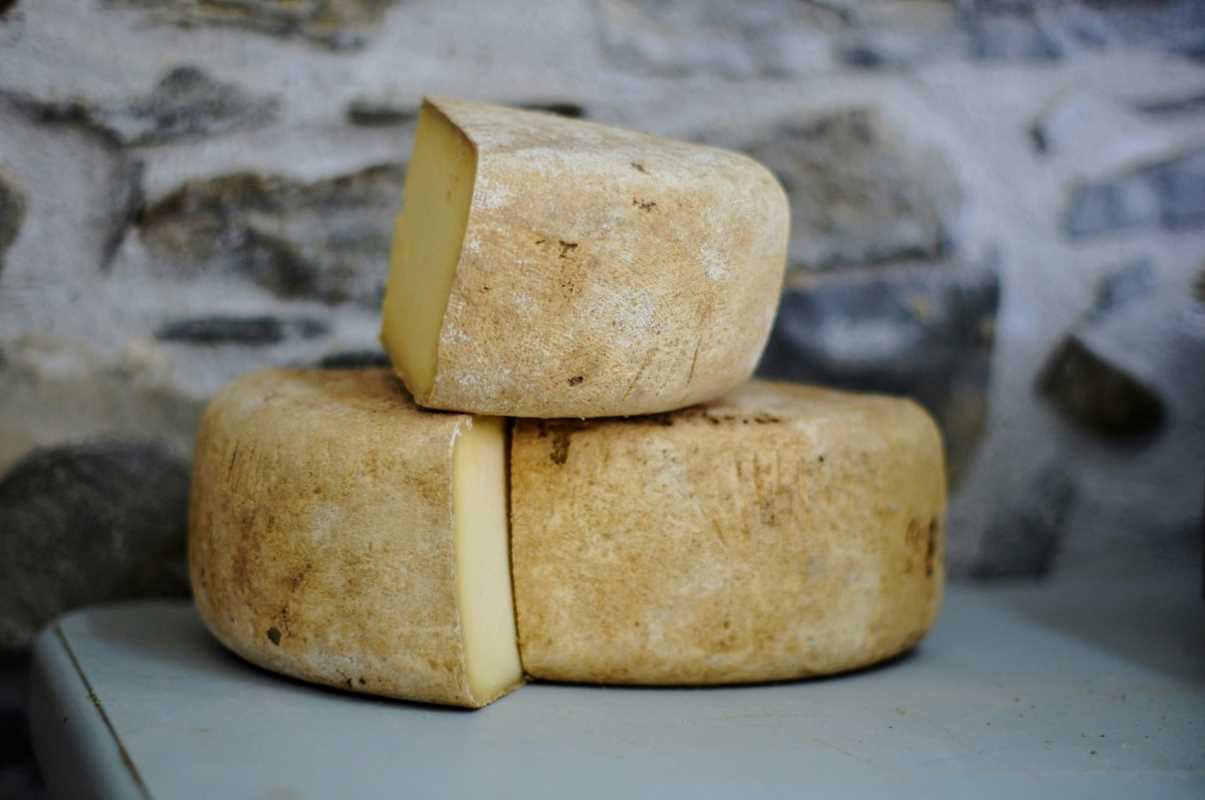When you explore the serene landscapes of rural regions, you often uncover delightful surprises, and few discoveries match the satisfaction of finding a hidden gem among artisan cheese shops. These charming establishments offer more than just delectable cheeses; they provide a glimpse into the rich traditions and craftsmanship that make artisan cheeses so beloved. Whether you are a seasoned cheese enthusiast or simply looking to savor something special, rural artisan cheese shops present an irresistible appeal that captivates both locals and travelers alike.
Discovering Artisan Cheese Shops in Rural Areas
- The picturesque valleys of Greenfield attract visitors from far and wide with their diverse cheese offerings.
- The rolling hills of Maple Ridge host several artisan cheese shops, each with its unique flavor profiles and artisanal techniques.
- In the heart of Oldtown, quaint cheese shops blend traditional methods with modern tastes, making them a favorite among locals.
- The coastal regions of Seabreeze house cheese shops that incorporate fresh, local ingredients, resulting in distinctive and flavorful products.
Characteristics of Top Artisan Cheese Shops
What sets these artisan cheese shops apart is their unwavering commitment to quality and tradition. Each shop often has a unique story, rooted in generations of cheese-making expertise. For instance, Greenfield's Finest has been producing cheese using family recipes that have been passed down for over a century. This deep-rooted history ensures that every piece of cheese carries the legacy and passion of its makers.
The cheese-making processes employed by these shops remain both meticulous and innovative. Many artisans prioritize locally sourced milk and natural ingredients, avoiding preservatives and additives to maintain the authentic flavors. These shops often experiment with different aging techniques and flavor infusions, resulting in a diverse array of cheeses that cater to various palates.
Customer experience represents another hallmark of top artisan cheese shops. Personalized service, tastings, and informative tours allow customers to connect with the cheese-making process and understand the nuances of each variety. The welcoming atmosphere of these shops makes them not just places to purchase cheese, but destinations where cheese lovers can indulge in their passion and discover new favorites.
Tips for Visiting Artisan Cheese Shops
- Plan Your Visit: Research the artisan cheese shops in the area you intend to visit. Check their opening hours and consider making an appointment if the shop offers tours or tastings.
- Bring an Appetite: Many cheese shops offer samples or have small bites available. Trying a variety of cheeses can help you decide which ones to purchase.
- Ask Questions: Engage with the shop owners or staff. They can provide insights into the cheese-making process, recommend pairings, and share the history behind their products.
- Pair with Local Products: Enhance your cheese experience by pairing it with local wines, breads, or preserves, which many shops have suggestions for.
- Take Home Knowledge: Consider purchasing a cheese-making kit or a guidebook if offered. This allows you to recreate some of the artisan techniques at home.
Cultural and Economic Impact of Artisan Cheese Shops
Artisan cheese shops play a significant role in preserving and promoting local traditions and craftsmanship. By maintaining traditional cheese-making methods, these shops ensure that age-old practices continue to thrive in modern times. This preservation of heritage not only keeps the culture alive but also educates the community and visitors about the region's culinary history.
Economically, artisan cheese shops contribute to the vitality of rural communities. They attract tourists, which in turn supports other local businesses such as restaurants, cafes, and accommodation providers. These shops bolster local agriculture by sourcing ingredients locally, creating a sustainable economic ecosystem. The success of artisan cheese shops can lead to job creation and nurture a sense of pride and identity within the community.
Artisan cheese shops also encourage innovation within the local economy. As these shops experiment with new flavors and techniques, they inspire other businesses to explore creative avenues, nurturing a culture of continuous improvement and excellence. This innovative spirit can transform rural areas into vibrant hubs of artisanal production, attracting talent and investment from various sectors.
The presence of artisan cheese shops enhances the overall quality of life in rural regions. They serve as social gathering spots where people can connect over their love of cheese, share recipes, and build lasting friendships. This sense of community is invaluable, creating a supportive and engaging environment that benefits everyone involved.
Artisan cheese shops often participate in community initiatives and events, such as local fairs, tasting events, and educational workshops. These activities promote the shops themselves and enrich the cultural fabric of the community, making rural areas more attractive and dynamic places to live and visit.
Artisan cheese shops in rural regions are more than just purveyors of fine cheese; they act as custodians of culture, contributors to the local economy, and catalysts for community engagement. Their dedication to quality and tradition ensures that the art of cheese-making continues to flourish, providing both locals and visitors with memorable and enriching experiences.
Whether planning a trip to a rural area or exploring locally crafted delights near you, these artisan cheese shops are must-visit destinations. Discover the rich flavors and stories behind each cheese, support local artisans, and savor the unique offerings only these rural gems can provide. Make your next cheese shopping adventure a memorable one by seeking out the finest artisan cheese shops in the countryside.
These shops often serve as cultural hubs, hosting events and gatherings celebrating local customs and seasonal changes. This integration of cheese-making with cultural practices enriches the culinary landscape and strengthens the bonds between residents and their heritage.
 (Image via
(Image via





